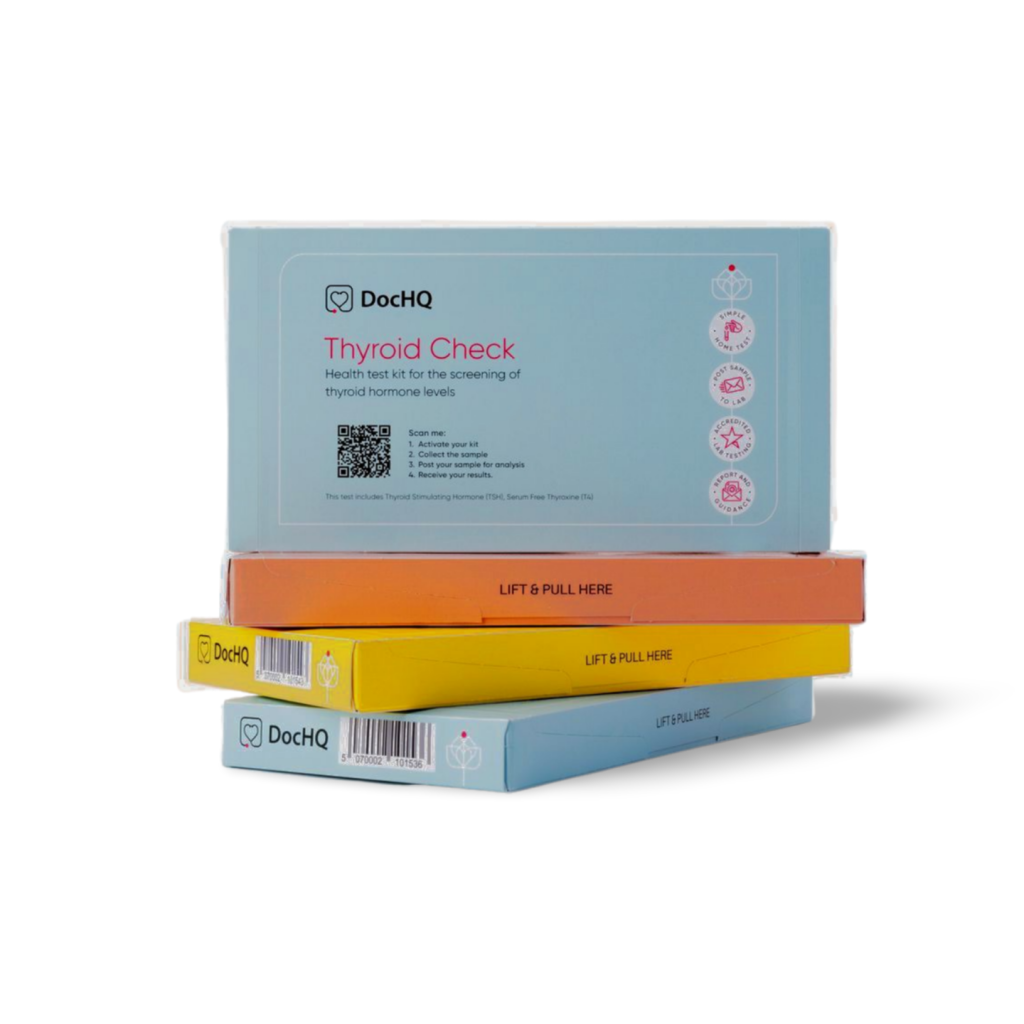The thyroid is a small gland located in the neck that produces hormones that regulate metabolism, growth, and development. Thyroid problems can occur when the thyroid gland produces too much or too little thyroid hormone. According to experts, the likelihood of women acquiring a thyroid disorder is 10 times higher than that of men. Additionally, approximately one out of every eight women will experience thyroid issues in their lifetime.
At what age do women have thyroid problems?
Women can develop thyroid problems at any age, but they are most common in women aged 30 to 50. Thyroid problems can also occur during pregnancy and after menopause.
Why are women more prone to thyroid problems than men?
There are a number of reasons why women are more prone to thyroid problems than men. These include:
- Hormones: Women’s hormones, such as estrogen and progesterone, can affect the thyroid gland. For example, estrogen can increase the production of thyroid hormone, while progesterone can decrease it.
- Autoimmune diseases: Women are more likely to develop autoimmune diseases, such as Hashimoto’s thyroiditis and Graves’ disease, which can cause thyroid problems.
- Pregnancy: Pregnancy can cause changes in the thyroid gland, which can lead to thyroid problems.
- Postpartum thyroiditis: This is a condition that can develop after childbirth and can cause the thyroid gland to overproduce or underproduce thyroid hormone.
- Iodine deficiency: Iodine is a mineral that is essential for thyroid function. Iodine deficiency is more common in women than in men.
Other factors that can increase a woman’s risk of developing thyroid problems include;
- Family history: If you have a family history of thyroid problems, you are more likely to develop them yourself.
- Age: As women age, their risk of developing thyroid problems increases.
- Stress: Stress can trigger thyroid problems in some people.
- Certain medications: Some medications, such as lithium and amiodarone, can interfere with thyroid function.
If you are concerned about your risk of developing thyroid problems, talk to your doctor and consider testing your thyroid function and monitor for common signs or symptoms of thyroid problems.
Also Read:What Does an Unhealthy Thyroid Feel Like? Exploring Signs and Severity.
Common signs and symptoms of thyroid problems
- Fatigue
- Weight changes
- Mood swings
- Difficulty sleeping
- Changes in appetite
- Sensitivity to heat or cold
- Changes in hair or skin
- Difficulty concentrating
- Irregular menstrual periods
Treatment for thyroid problems
The treatment for thyroid problems will vary depending on the underlying cause. If you have hypothyroidism, you will likely need to take thyroid hormone replacement medication. If you have hyperthyroidism, you may need to take medication to reduce the production of thyroid hormone or have surgery to remove part of your thyroid gland
Prevention of thyroid problems
There is no surefire way to prevent thyroid problems, but there are some things you can do to reduce your risk, such as:
- Eating a healthy diet: Eating a healthy diet that is rich in iodine can help to prevent iodine deficiency.
- Managing stress: Finding healthy ways to manage stress can help to reduce your risk of developing thyroid problems.
- Getting regular checkups: Seeing your doctor for regular checkups can help to identify and treat thyroid problems early.
How women can monitor their thyriod health

If you are worried about your thyriod health, you might want to get tested for thyroid problems. Early diagnosis and treatment can help to prevent serious complications.
Also Read: How to check your thyroid at home
One way to check your thyroid health at home is to use our at home thyroid test kit. Our Thyriod Check is easy to use and provides accurate results. Simply collect a small sample of your blood and send it to our certified laboratory. You will receive your results within days, along with a detailed GP-verified report and advice.
Click here to learn more about our Thyroid Check kit
Taking care of your thyroid health is important for your overall health and well-being. By understanding your thyroid health, you can take steps to prevent problems and manage any existing conditions.



